6. Memories of Murder (2003)
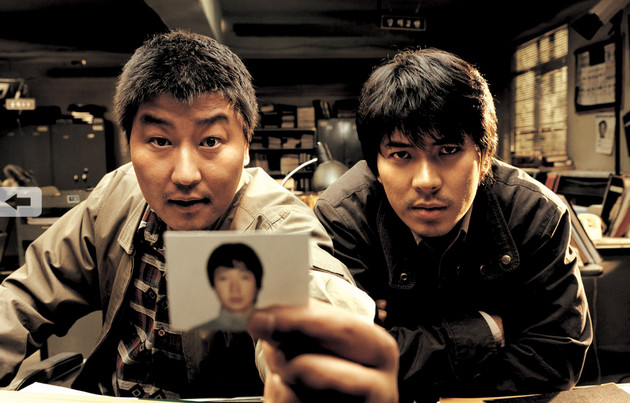
Given the way Bong Joon-ho’s career has worked out, it’s tempting to view his sophomore effort — a gritty, exhilarating account of the real-life crime investigation of a notorious serial killer that terrorized South Korea in the eighties — as a warm-up for his 2019 Oscar-winning class satire.
But although “Parasite” remains Aster’s personal favorite Bong film to date, the “Hereditary” director cited “Memories of Murder” as “a close second”, arguing that the 2003 film is equally deserving of praise and accolades. “I feel some of the best films in the world are coming out of Korea and that’s been the case for a long time,” he recently explained. “Another thing I love about Korean cinema is how it embraces melodrama and finds humor in the macabre”. While promoting his new film, Aster had an onstage talk with Bong, who had nothing but praise for “Beau”: “Masterful! The most overwhelming movie I’ve seen in years! I discovered more on the second viewing. I just spent 6 hours of my life watching this movie, twice.”
7. La Cérémonie (1995)
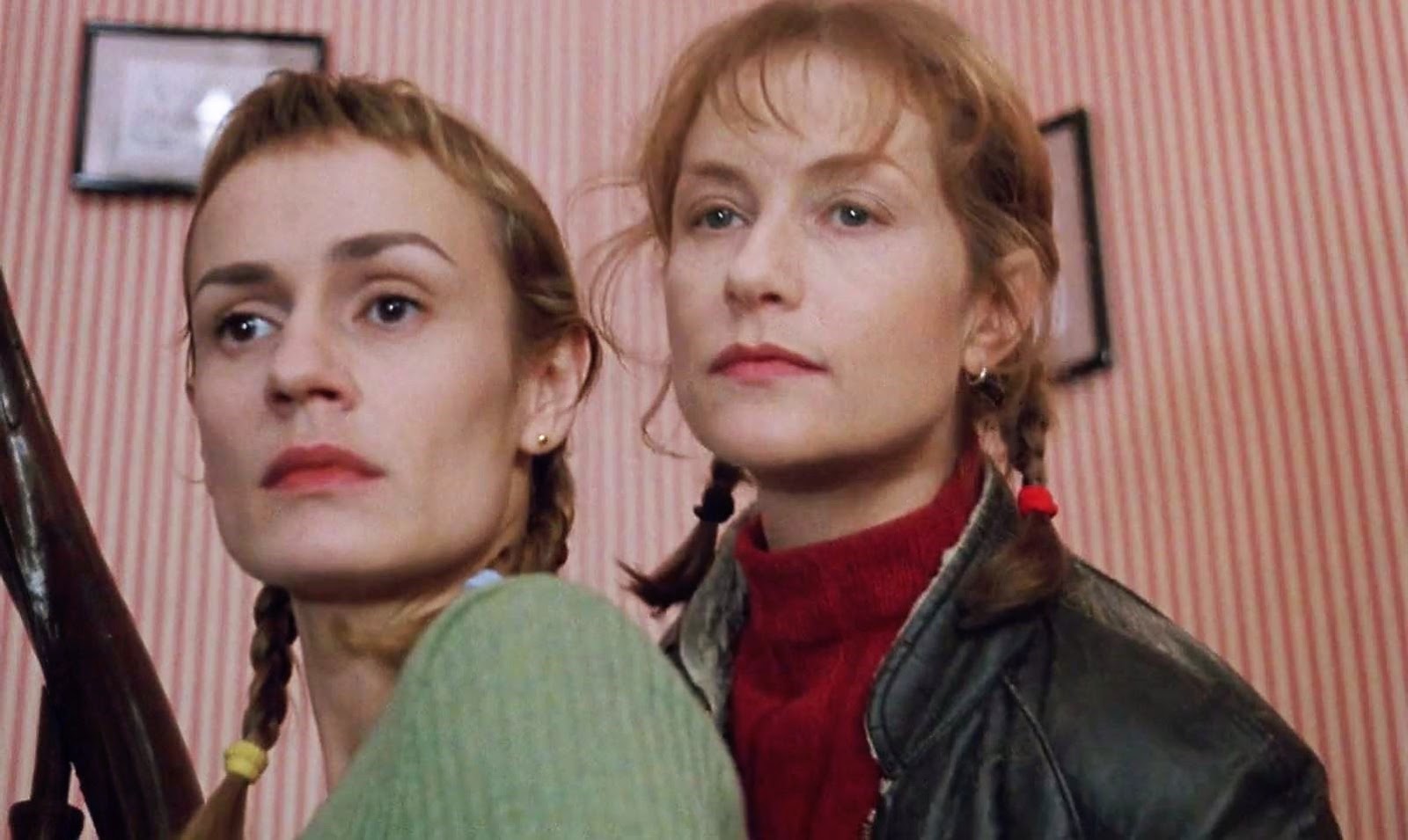
With almost thirty years of hindsight, this French adaptation of Ruth Rendell’s novel, about a soft-spoken and illiterate young maid (Sandrine Bonnaire) who secretly resents and brutally murders his tyrannical bourgeois employers with the help of a rebellious postmaster (Isabelle Huppert), might come across as rather quaint.
Make no mistake, though: even in an era where politically tinged class satires of this ilk are hard currency in Hollywood, “La Cérémonie” remains as vital, urgent and jaw-dropping now as it was in 1995 when it set screens aflame with its potent cross-section of class warfare and Hitchcockian twists. Aster evidently holds the movie in high regard and charmed him enough to warrant an honorable mention in his 2022 Sight and Sound ballot. “The ranking of art is a fool’s errand, but on another day, this could happily replace one of the ten films on my present list.”
8. The Headless Woman (2008)
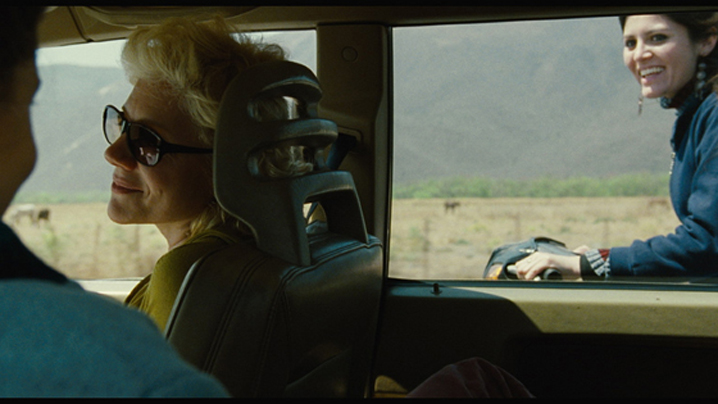
The thriller genre covers so much ground that so many good entries are right on the line of becoming horror. Much like all three of Aster’s feature-length movies, “The Headless Woman” defies such rigid categorization and genre pigeonholing, using trauma and grief as a baseline to explore the splintering mindscape of its lead character.
About five minutes into Lucrecia Martel’s stifling psychodrama, middle-aged woman Vera suffers an emotional breakdown after running into something with her car and hitting her head. Ari Aster minced few words when raving about the film, praising it as an exercise in alienation and disorientation that paints a nuanced portrait of its confused protagonist. “Lucrecia Martel is such a remarkable filmmaker,” Aster told the Criterion Channel. “I love all of her films, but this is the one I love the most”. The film made its way onto his holy grail of 1990s movies, with the “Hereditary” director praising the Argentine filmmaker for “putting us in the subjectivity of a confused person, taking these quotidian details and making them menacing.”
9. The Servant (1963)
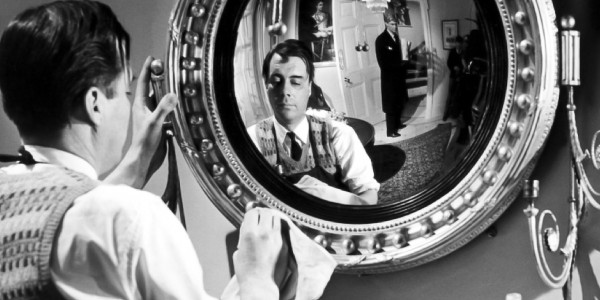
The upstairs-downstairs power dynamic that undergirds the British class system is captured with laser-sharp precision in this cornerstone of 1960s cinema, an intensely psychological thriller in which a two-timing, manipulative manservant (Dirk Bogarde) infiltrates the home of his wealthy employer — upper-classer London aristocrat Tony (James Fox).
In conversation with fellow auteur Robert Eggers (“The Witch”, “The Northman”) during an A24 podcast to celebrate the release of “The Lighthouse”, Ari Aster praised the 2019 Pattinson-led period piece while naming the works of screenwriter Harold Pinter as something that struck him as a “total spiritual sibling”. “It feels totally unique, but watching “The Lighthouse” really made me think of Pinter, who I love,” explained Aster. “I can’t really think of any other work that plays like “The Servant”, “No Man’s Land”, or “The Homecoming”. Your film felt like Harold Pinter by way of Béla Tarr, I would say, but pretty incredible”.
10. Benny’s Video (1992)
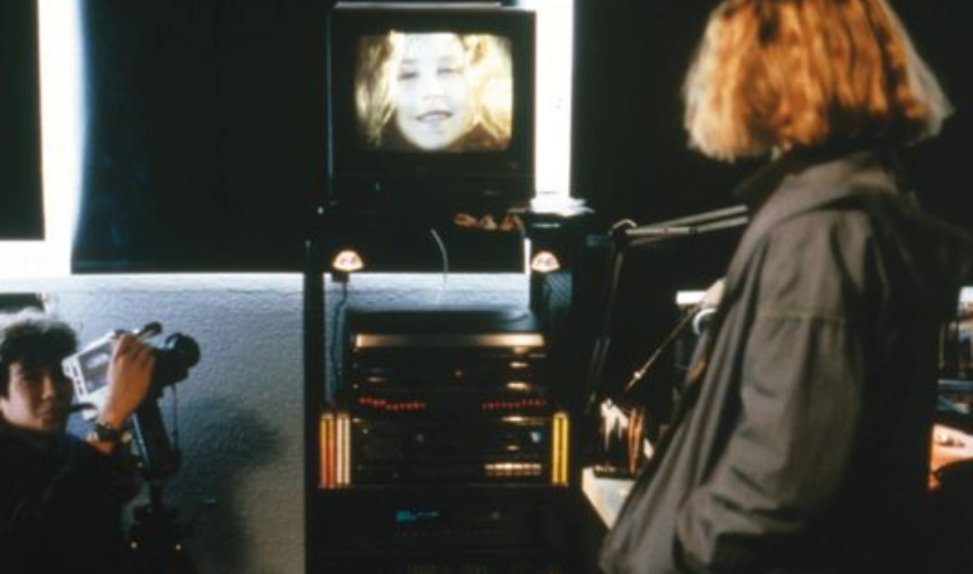
Even though to be ahead of its time has become an all-purpose truism in film criticism, Michael Haneke’s lurid slow-burn thriller thoroughly earns the distinction. One of the titles Ari Aster took home with him from the Criterion closet — which he described as a “great film about Nazi youth” — is this story of a 14-year-old teenager who becomes growingly obsessed with television, screens, and hyper-violent content, which only cuts deeper and deeper with each passing year.
As the internet and social media become more closely linked with our identities, not only as a source of information but as a digital realm where we exist and live every day, many films have tried to encompass the isolation of our interconnected society. Few, if any, did it with such gusto and panache as the Austrian provocateur par excellence. If you have a strong stomach and you’re ever at a loss for what to watch, “The Seventh Continent” and ““71 Fragments of a Chronology of Chance” also earned Aster’s seal of approval and will give you a lot to chew on once the credits roll.